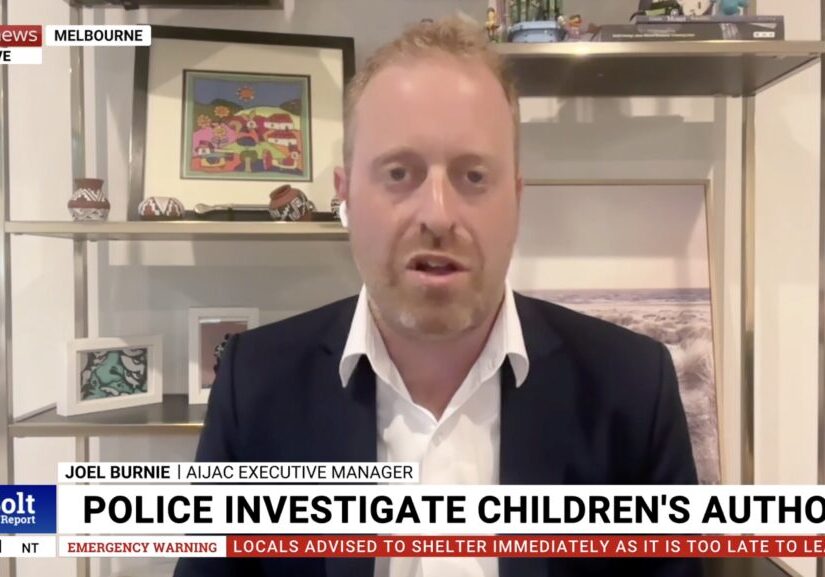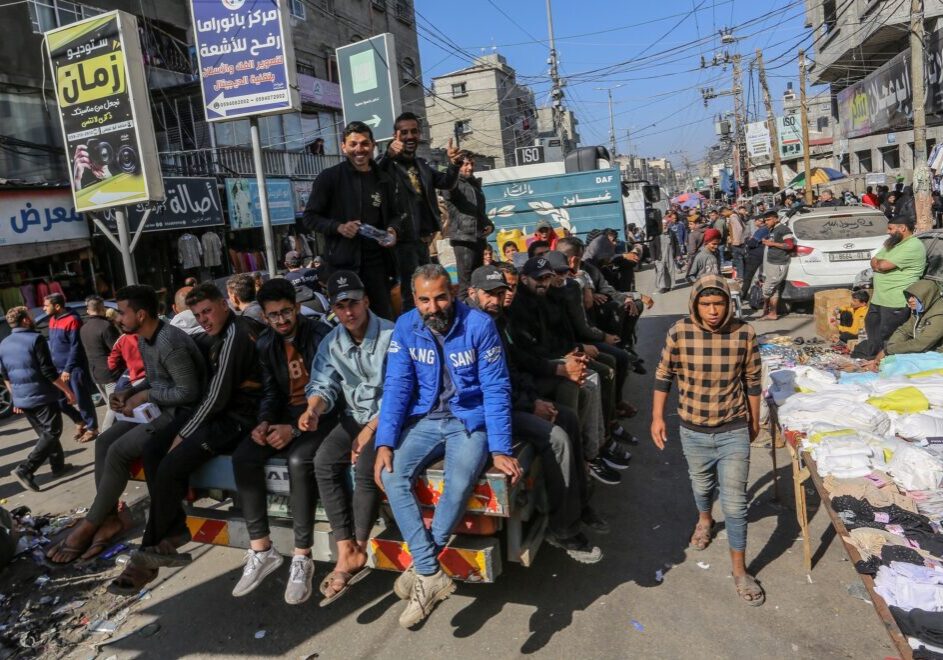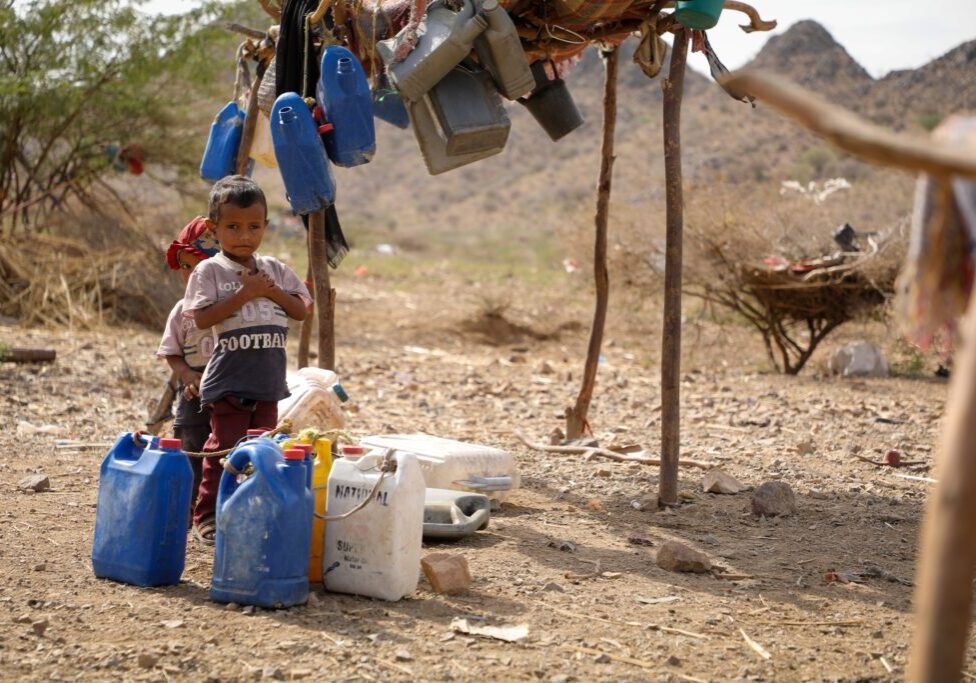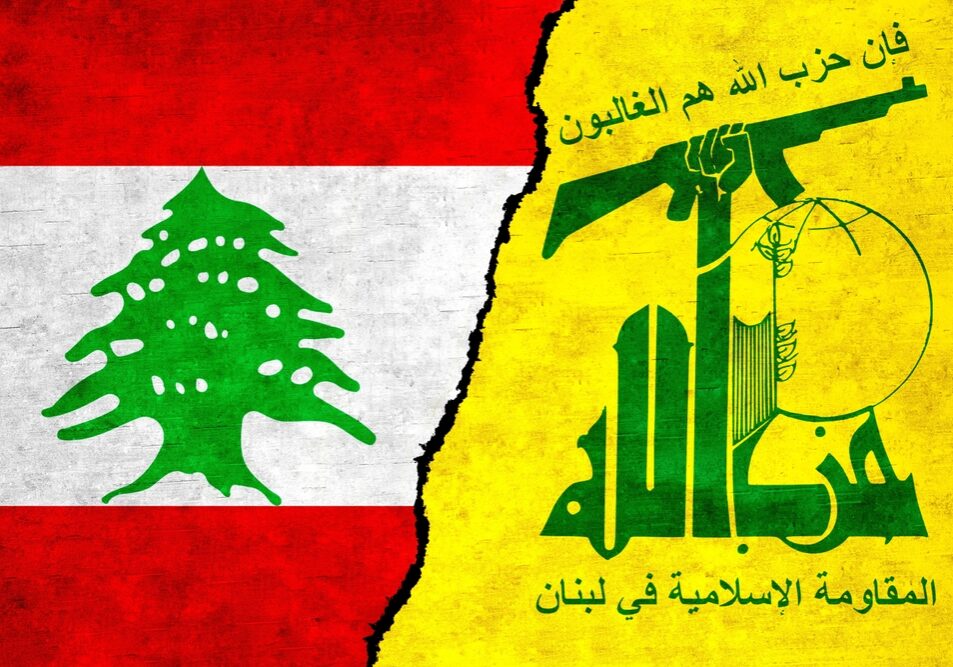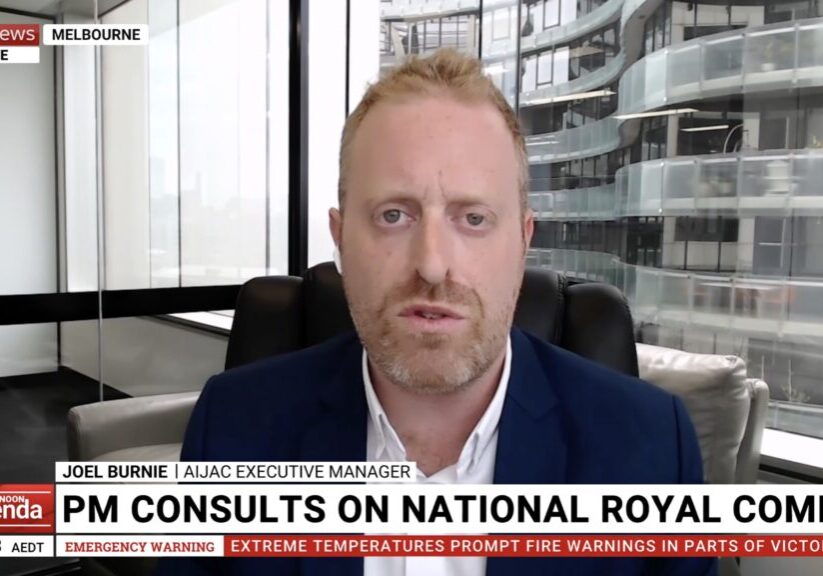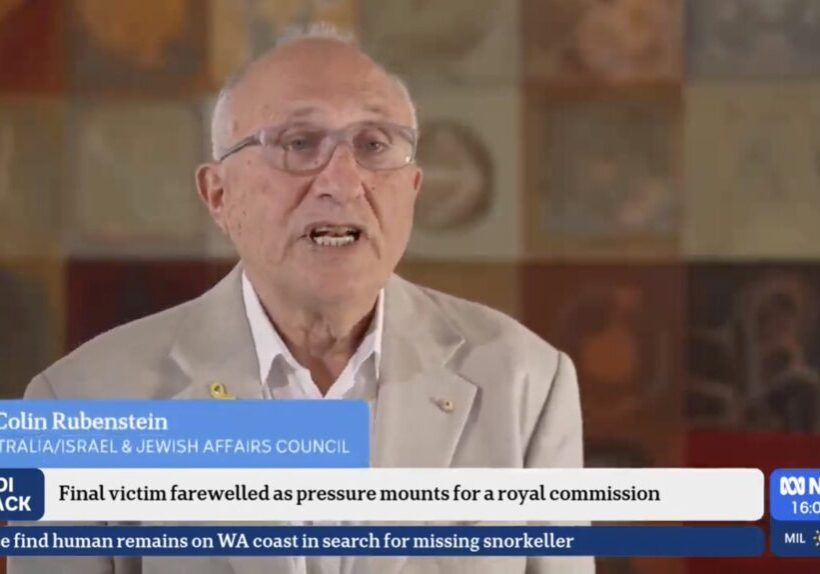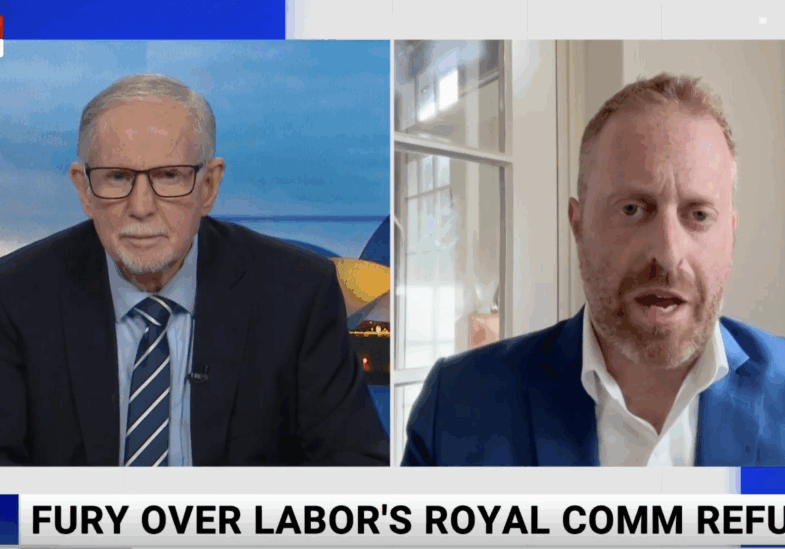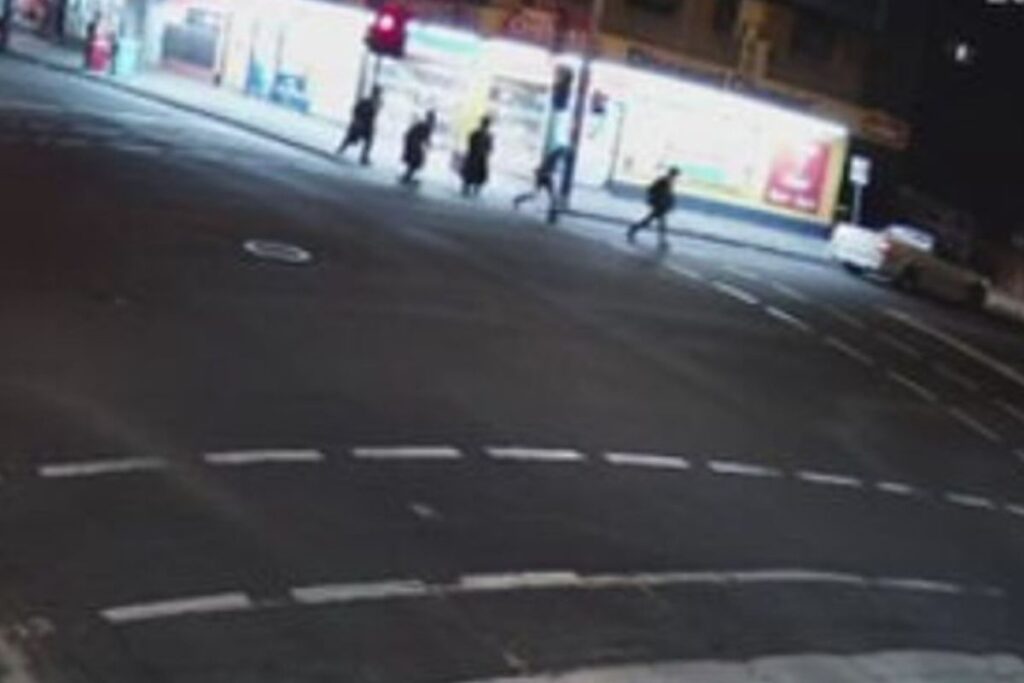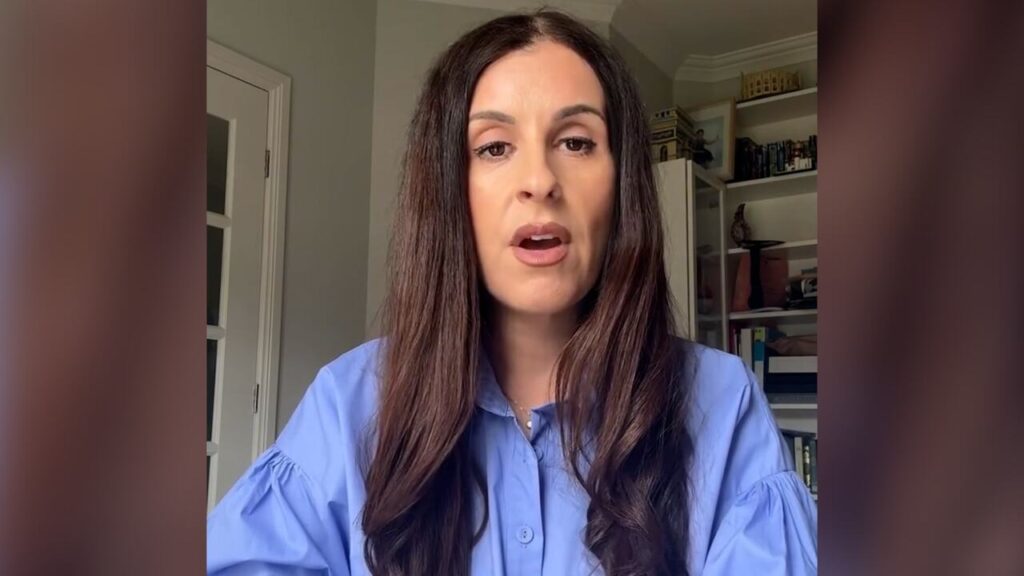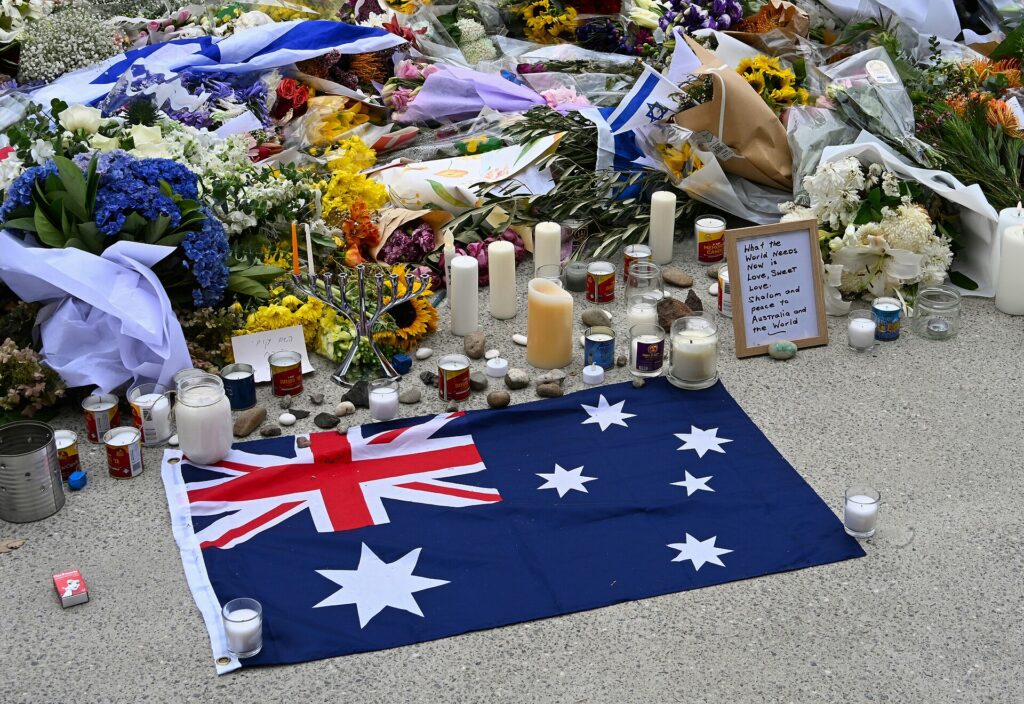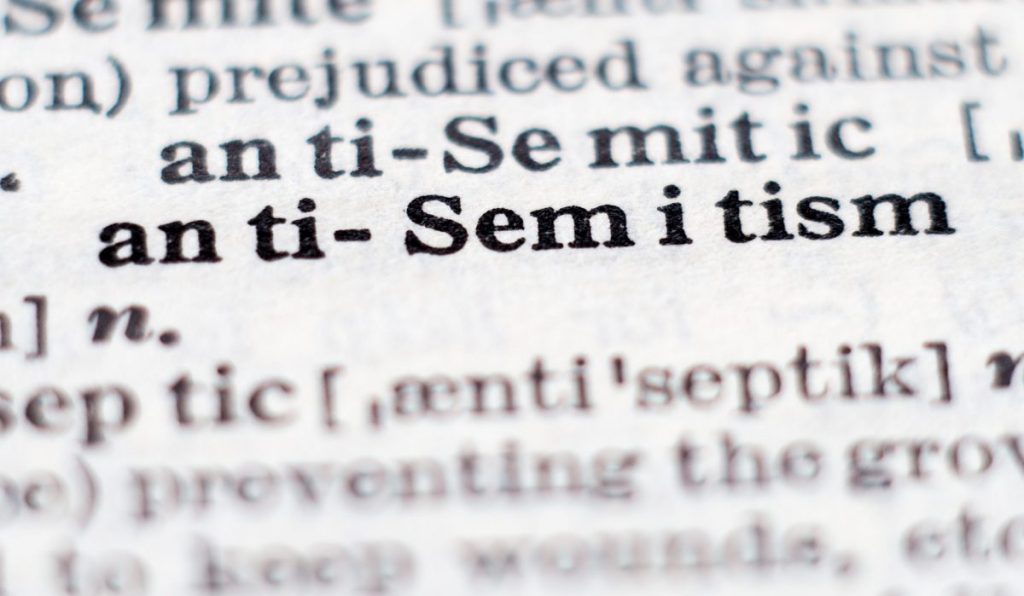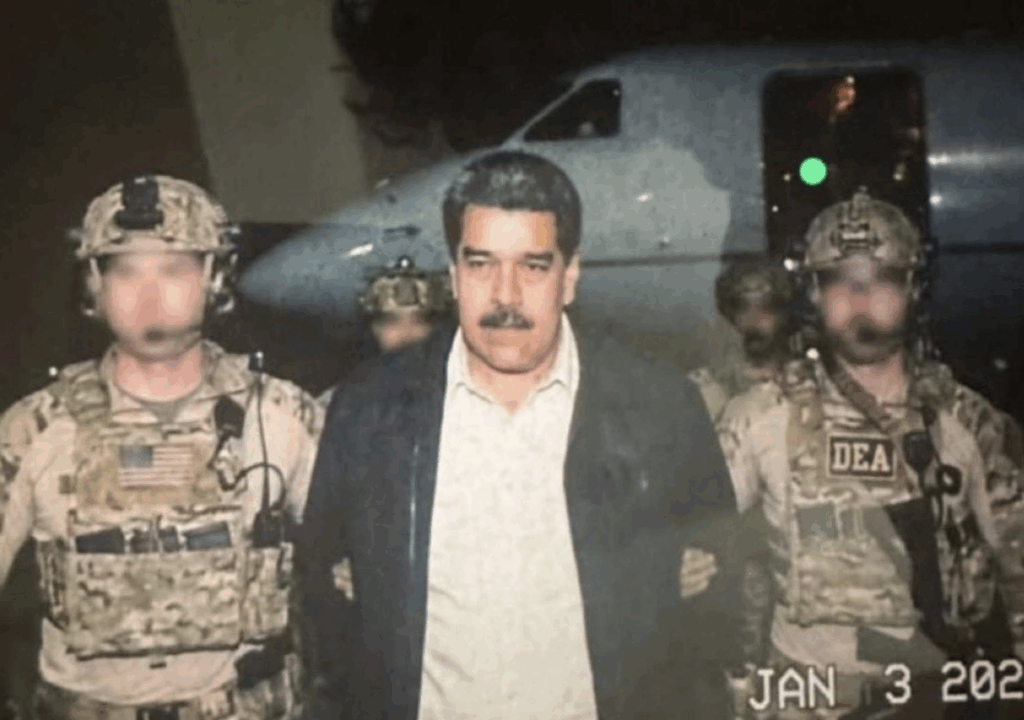FRESH AIR
Lebanese election underscores that “Hezbollah=Lebanon”
May 10, 2018 | Oved Lobel
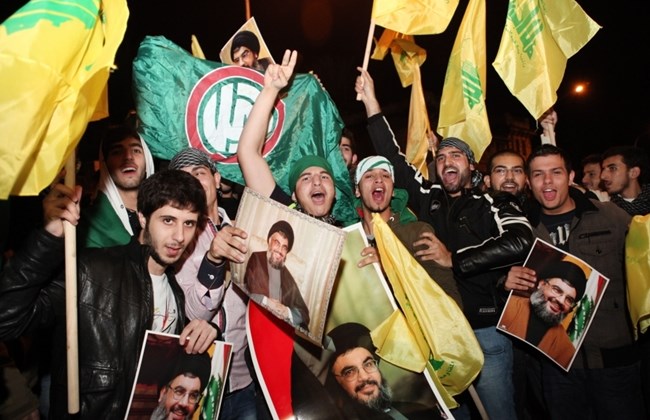
On May 6th, Lebanon voted in its first legislative elections since 2009. These elections sadly appear to have consolidated the deeply troubling trends in Lebanon over recent decades.
At the centre of the political maelstrom in Lebanon is Hezbollah, whose so-called “military wing” is considered a terrorist group by the EU and Australia and which Israel and the US consider a terrorist group in its entirety.
Funded, armed, trained, and directed by Iran, Hezbollah acts as an organ, not a proxy, of Iran’s Quds force, the expeditionary wing of its Islamic Revolutionary Guard Corps (IRGC). While superficially portrayed as a home-grown “resistance” movement to Israeli occupation in the 80s, Hezbollah is actually a direct outgrowth of Iranian revolutionary activism in Lebanon that predates the 1979 revolution itself. As Tony Badran, a research fellow specialising in Lebanon at the Foundation for Defense of Democracies, has detailed, Hafez al-Assad, the current Syrian President’s father, allowed Khomeini to form Hezbollah officially from IRGC networks already stationed there in the 80s in order to undermine the IDF presence in the country at that time.
Hezbollah acts as a “state within a state,” maintaining its own domestic security services and extremely powerful military forces and conducting its own, or rather Iran’s, foreign policy. Furthermore, it is also the kingmaker, the most powerful force in official Lebanese politics, and this election hasn’t changed that reality; rather, it seems to have cemented it.
According to preliminary Reuters analysis, Hezbollah and its political allies won at least 67 seats out of 128 seats in Parliament, which are divided equally between Christians and Muslims. Recent electoral reforms have substantially gerrymandered Lebanon and changed the system from winner-take-all to a proportional one, and voters now vote both for party lists as well as individual candidates. It is also the first election in which Lebanese expatriates voted from abroad.
Although its opponents did manage to win 2 seats in its Shii’te-majority strongholds, the election offered few other signs of any positive change. Turnout was low at just under 50%, well under the 54% during the 2009 elections, and figures associated with the Assad regime’s ruinous occupation of Lebanon have returned to power.
Hanin Ghaddar, a former Lebanese journalist and analyst at the Washington Institute, says that the difference between this new government and the previous situation is that “in the past, Hezbollah had to make military threats. Today, they have the state institutions.” Even among the Sunni representatives, she says, 10 out of 27 are pro-Hezbollah.
Hezbollah leader Hassan Nasrallah has joyfully declared the results “a great moral and political victory” that will “protect the golden equation – the army, the people and the resistance” – the resistance being Hezbollah. Hezbollah supporters paraded through the streets exclaiming “Beirut has become Shia!” and tearing down or even burning posters of current Prime Minister Saad Hariri.
Moreover, as Joseph Bahout for the Carnegie Center pointed out, unlike in previous periods, “Hezbollah’s weapons and the controversy over its participation in regional conflicts [were] almost entirely absent from the electoral campaigns, indicating implicit acceptance of the party’s domestic hegemony.”
Hariri’s Future Movement seems to have severely underperformed, although the anti-Hezbollah Christian party Lebanese Forces reportedly gained 7 seats.
Reports of blatant voter fraud and intimidation are rampant, with some reporting more than 7,000 instances throughout the country. How much any of the occasionally petty political rivalries and ever-shifting alliances actually matter, however, even if the election was completely fair, is up for debate, as is the independence of the country despite the withdrawal of Syrian military forces in 2005.
Lebanon is not known for its political stability. Its past few decades have seen little beyond occupation, civil war and sectarian conflict, and it has been tottering on the brink of economic collapse. Refugees from the Syrian conflict are now reportedly more than a third of Lebanon’s population, exacerbating the underlying fragility and dysfunction of a corrupt government that can’t even effectively handle electricity provision or garbage collection. Already, scuffles and even gun battles have broken out between Hezbollah and its allies on one side and Hariri supporters on the other.
Hezbollah brought down Saad Hariri’s government in 2011 over a tribunal implicating them – almost certainly in concert with the Assad regime – in the assassination of former Prime Minister Rafik Hariri, Saad’s father, along with 20 other people, in 2005. The next government collapsed two years later, and when President Michel Suleiman finished his term in 2014, Lebanon went without a president for nearly 3 years until the pro-Syrian and pro-Hezbollah Gen. Michel Aoun was appointed. Meanwhile, from 2009 until today, the parliament continuously voted to extend its own term of office rather than hold new elections.
In 2017, Saudi Arabia conducted a bizarre failed coup in which they forced Saad Hariri – a dual citizen whose family substantially relies on its ties to the Kingdom – to resign as Prime Minister while in Riyadh because they felt he wasn’t sufficiently constraining Hezbollah. The Lebanese President refused to accept his resignation unless it was handed to him in person. Within three weeks, international pressure saw Hariri return to Lebanon where he promptly unresigned. Hariri is again slated to act as Prime Minister of the new government, this time with even less power vis-à-vis Hezbollah and its allies.
These new elections, regardless of how much they mean for domestic policy, do not fundamentally change the fact that Lebanon as a country is still under occupation. Hezbollah is a relic of the Assad dynasty’s partnership with the Iranian regime and their joint killing spree of important Lebanese figures, which ensured the country could neither develop nor become a properly functioning state. Unfortunately, they are effectively in charge of the country. As Israeli Housing Minister Naftali Bennett noted in his post-election tweet: “Hezbollah=Lebanon”.
Until Lebanon can somehow find a way to fulfil repeated UN Security resolutions calling for it to re-establish the actual sovereignty of the Lebanese government and its monopoly on the use of force by disarming Hezbollah or even arresting those guilty of Hariri’s assassination, Bennett’s assertion will continue to be true no matter the outcome of any election.
Hezbollah was once a state within a state in Lebanon. Today, it is Lebanon that exists within the Hezbollah state, not vice versa.
Tags: Iran
RELATED ARTICLES

Anti-Israel protesters’ deafening silence on Iranian repression: Arsen Ostrovsky on Sky News
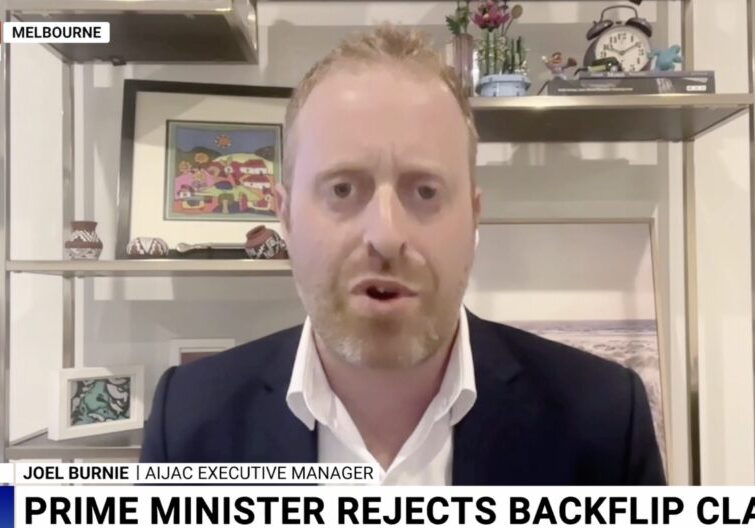
Australian Jewish organisations will offer strong support to Royal Commission: Joel Burnie on Sky News
